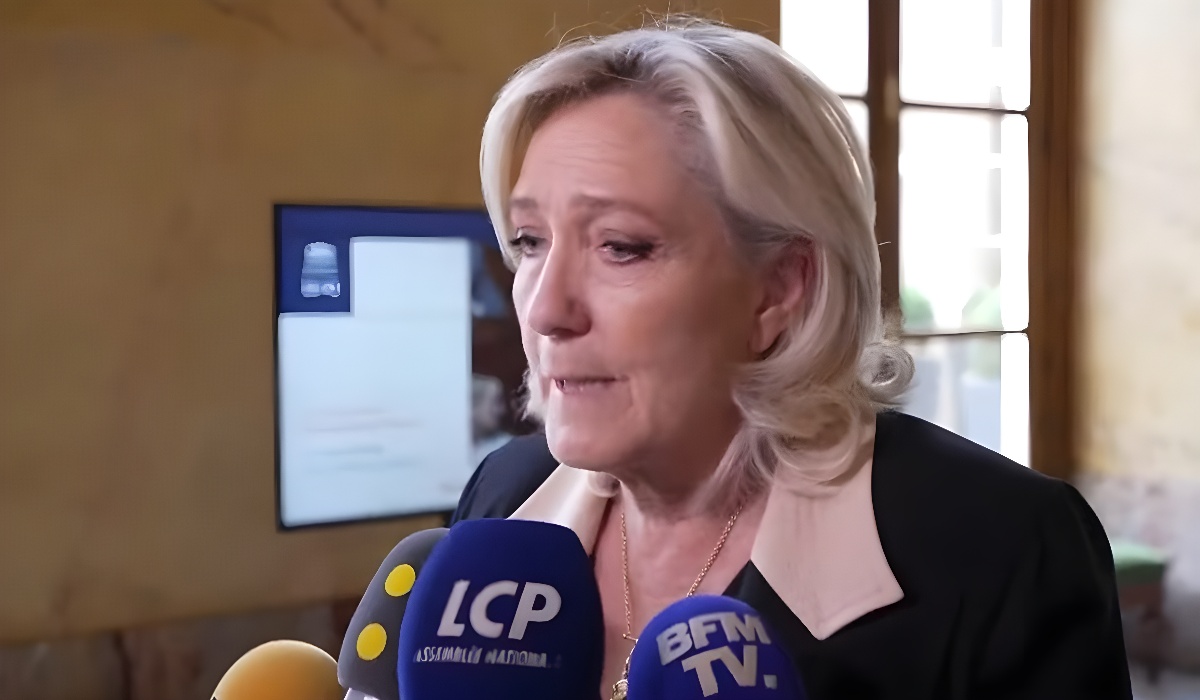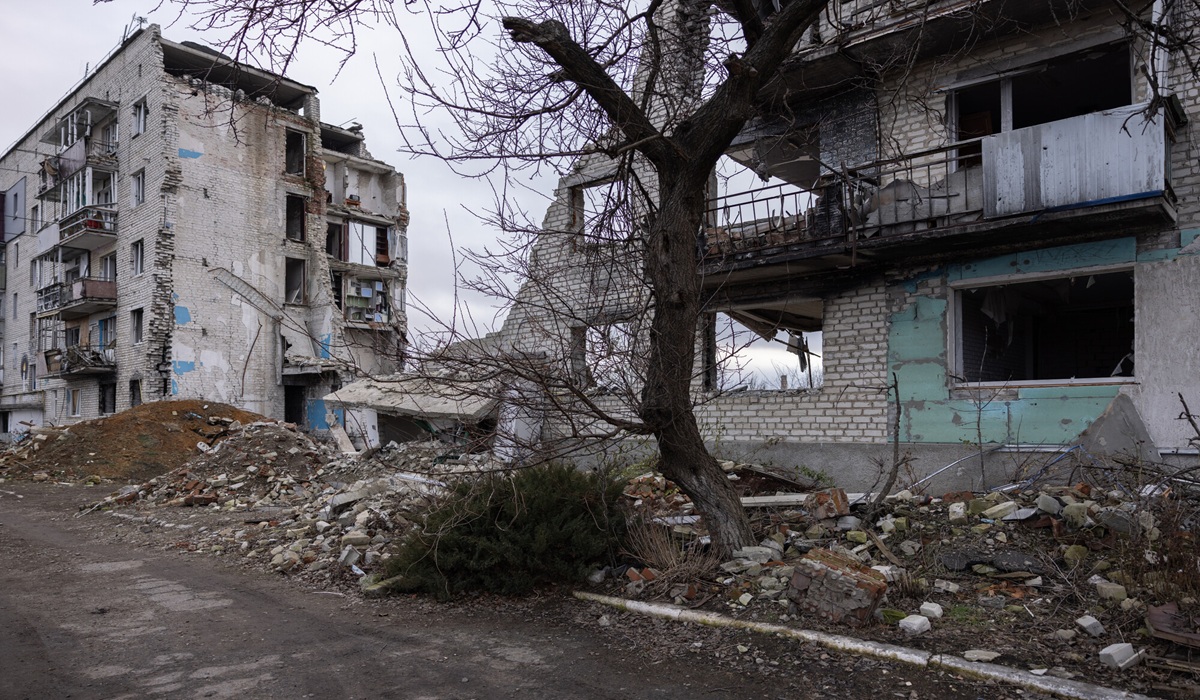Marine Le Pen Sentenced, Barred from Elections in Shocking Judicial Ruling
- Ingrid Jones
- Breaking News
- March 31, 2025

In a political bombshell far beyond French borders, a French judge has just handed down a prison sentence of two to four years to Marine Le Pen, the far-right leader of the National Rally party. Along with the sentence, she has been fined over €100,000 and, most consequentially, barred from running in any election for the next five years. The verdict strikes at the heart of France’s already fragile political balance—and potentially torpedoes the democratic process as we know it in the European Union.
Le Pen, who just two years ago was President Emmanuel Macron’s fiercest challenger in the 2022 presidential election, was currently leading polls ahead of the snap legislative election Macron himself called. Whether one supports her politics or not, the reality is stark: over 8 million people who backed her in the last presidential race now find themselves without a voice, and many are taking to the streets in outrage, claiming that democracy in France has been smothered by a judicial coup.
So what, exactly, was she convicted for? According to court documents, Le Pen was found guilty of misuse of European Parliament funds, specifically for allegedly funneling EU salaries to party staffers who performed work unrelated to her duties as an MEP. The case has been under investigation for several years, but the timing of the ruling is what has sparked fury and suspicion. Critics allege the move is not about justice—it’s about power. Many are calling it a politically motivated hit job, orchestrated at the highest levels to eliminate Macron’s most potent electoral threat.
Let’s be clear: Le Pen is no fringe figure. She has mainstreamed her once-ostracized party, softened its rhetoric to appeal to a broader audience, and even managed to win over younger, working-class voters fed up with the French establishment. With Macron’s popularity waning and France facing rising costs of living, security concerns, and widespread disillusionment with the EU, Le Pen had become more than just a contender—she was the presumed frontrunner.
Now, Macron’s path to staying in power looks remarkably less obstructed. And while his supporters hail the court’s ruling as a victory for the rule of law, protesters across Paris, Marseille, and Lyon are declaring this the death knell for democracy. From placards reading “J’accuse Macron” to chants of “This is not justice, this is a coup,” the anger is palpable and growing.
In Brussels, the European Commission has remained tight-lipped, but many within the European Parliament are deeply uneasy about the optics. Europe has already seen a dramatic rightward shift, with far-right and nationalist parties gaining ground in Italy, Hungary, the Netherlands, and even Germany. Silencing one of the leading figures of this movement through legal channels—especially at such a critical political moment—doesn’t just raise eyebrows, it sets off alarm bells.
The question now is not just about Marine Le Pen’s future. It’s about what kind of democracy France wants to be. When courts start deciding who can and cannot run for office, when the most popular opposition leader is taken off the board by a gavel instead of a ballot, and when the public starts believing that elections are no longer fair or open, then what’s left of the Republic?
For now, Macron remains defiant, insisting that judicial independence must be respected. But the people aren’t buying it. And if Macron thinks this ruling will weaken the nationalist wave, he may be in for a rude awakening. Because movements born of political frustration don’t die in courtrooms—they’re reborn in the streets.
History will decide whether this moment was justice served or democracy sabotaged. But today, millions of French citizens—and Europeans watching closely—are left wondering: Who’s really running the country now?








